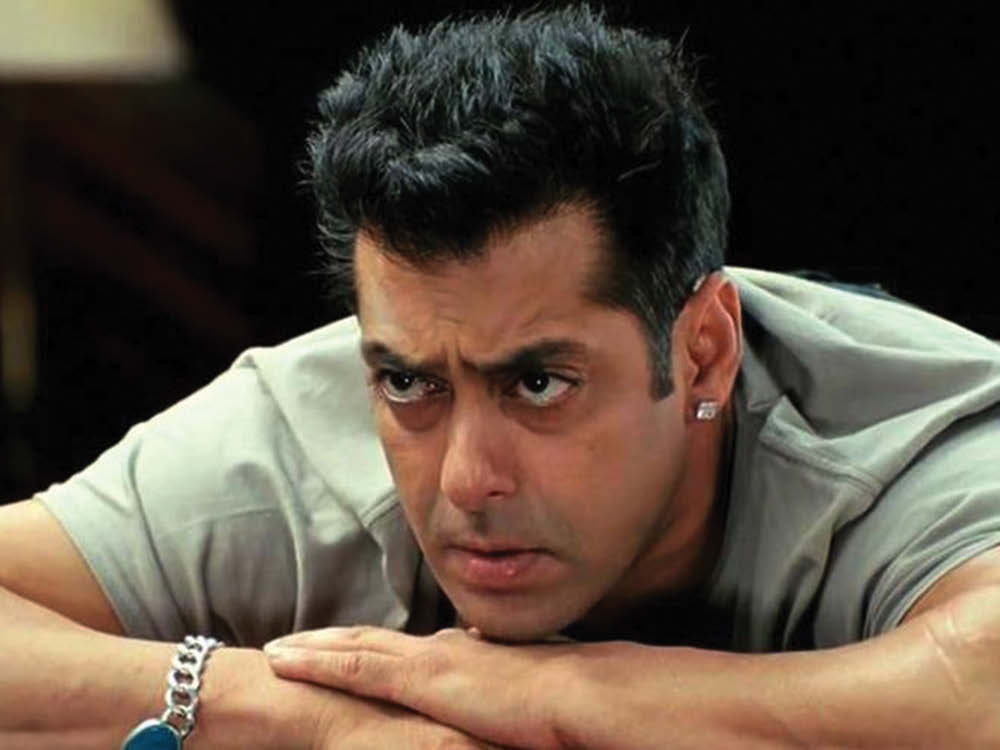
NEW YORK (TIP): Devyani Khobragade, Deputy Consul General for political, economic, commercial and women’s affairs, Consulate General of India, New York, was arrested on Thursday, December 12 morning for allegedly presenting fraudulent documents to the United States State Department in support of a visa application for an Indian national employed as a babysitter and housekeeper at Khobragade’s home in Manhattan. Khobragade, who was produced on Thursday, December 12 afternoon before US Magistrate Judge Debra Freeman, was released on $250,000 personal recognizance bond co-signed by three people, prosecution sources said.
According to the prosecution sources, she has to surrender all travel documents and her travel will be restricted to the US with notice to pre-trial before interstate travel”. Khobragade’s arrest was announced by Preet Bharara, the United States Attorney for the Southern District of New York on charges that KHOBRAGADE allegedly caused a materially false and fraudulent document to be presented, and materially false and fraudulent statements to be made, to the United States Department of State in support of a visa application for an Indian national employed as a babysitter and housekeeper at KHOBRAGADE’s home in New York, New York. Manhattan U.S. Attorney Preet Bharara said: “Foreign nationals brought to the United States to serve as domestic workers are entitled to the same protections against exploitation as those afforded to United States citizens. The false statements and fraud alleged to have occurred here were designed to circumvent those protections so that a visa would issue for a domestic worker who was promised far less than a fair wage.
This type of fraud on the United States and exploitation of an individual will not be tolerated.” According to the allegations in the criminal complaint unsealed today in Manhattan federal court: Diplomats and consular officers may obtain A-3 visas for their personal employees, domestic workers, and servants if they meet the requirements set out in 9 Foreign Affairs Manual (“FAM”) 41.22. As part of the application process, an interview at the embassy or consulate is required. Proof is required that the applicant will receive a fair wage, sufficient to support himself financially, comparable to that being offered in the area of employment in the U.S. To apply for an A-3 visa, the visa applicant must submit an employment contract signed by both the employer and the employee which must include, among other things, a description of duties, hours of work, the hourly wage – which must be the greater of the minimum wage under U.S. federal and state law, or the prevailing wage – for all working hours, overtime work, and payment.
DEVYANI KHOBRAGADE prepared and electronically submitted an application for an A-3 visa (the “Visa Application”) through the website for the U.S. Department of State’s Consular Electronic Application Center for an Indian national (“Witness-1”), who was to be the personal employee of KHOBRAGADE beginning in November 2012 at an address in New York, New York. The Visa Application stated that Witness-1 was to be paid $4,500 per month in U.S. dollars. KHOBRAGADE and Witness-1 also signed an employment contract (the “First Employment Contract”) for Witness-1 to bring to Witness-1’s interview at the U.S. Embassy in India in connection with the Visa Application, which Witness-1 did at KHOBRAGADE’s direction. The First Employment Contract stated, among other things, that KHOBRAGADE would pay Witness-1 the prevailing or minimum wage, whichever is greater, resulting in an hourly salary of $9.75. KHOBRAGADE knew that the First Employment Contract that KHOBRAGADE caused Witness-1 to submit to the U.S. State Department in connection with Witness-1’s Visa Application contained materially false and fraudulent statements about, among other things, Witness-1’s hourly wage and hours worked. Prior to the signing of the First Employment Contract, KHOBRAGADE and Witness-1 had agreed that KHOBRAGADE would pay 30,000 rupees per month, which at the time was equivalent to $573.07 U.S. At 40 hours per week, with approximately 4.3 weeks in a month, $573.07 equates to a rate of $3.31 per hour.
However, KHOBRAGADE instructed Witness-1 to say that she would be paid $9.75 per hour, and not to say anything about being paid 30,000 rupees per month. KHOBRAGADE also instructed Witness-1 to say that Witness-1 would work 40 hours per week, and that Witness-1’s duty hours would be 7 a.m. to 12:30 p.m., and 6:30 p.m. to 8:30 p.m. She told Witness-1 that the First Employment Contract was a formality to get the visa. After the First Employment Contract was submitted to the United States Department of State, KHOBRAGADE told Witness-1 that Witness-1 needed to sign another employment contract (the “Second Employment Contract”). KHOBRAGADE and Witness-1 signed the Second Employment Contract, which provided that Witness-1’s maximum salary per month including overtime allowance will not exceed 30,000 rupees per month. The Second Employment Contract does not contain any provision about the normal number of working hours per week or month. Witness-1 worked for KHOBRAGADE as a household employee in New York, New York, from approximately November 2012 through approximately June 2013. Notwithstanding the terms of the First Employment Contract, Witness-1 worked far more than 40 hours per week, and Witness-1 was paid less than $9.75 per hour by KHOBRAGADE.
In fact, notwithstanding the terms of the oral agreement between KHOBRAGADE and Witness-1 and the terms of the Second Employment Contract, Witness-1 was paid less than 30,000 rupees per month, or $3.31 per hour. The charges contained in the complaint are merely an accusation, and the defendant is presumed innocent unless and until proven guilty. Meanwhile, the community as also the Indian Embassy in Washington have not taken kindly to the arrest. A visibly annoyed diplomat quipped this does not help making relationships. A veteran community leader wondered how a diplomat having diplomatic immunity can be hauled up the way Khobragade was. Another Indian American said it was an insult to India that while the country’s foreign secretary was having meetings with State Department officials in Washington, a member of the Indian Diplomatic community was arrested 250 miles away, in New York. Indian Embassy, replying to questions from media, sent out a note that read, inter alia, “Action was apparently taken against Dr Khobragade on the basis of allegations raised by the officer’s former India-based domestic assistant, Ms Sangeeta Richard, who has been absconding since June this year.
In this context the Delhi High Court had issued an-interim injunction in September to restrain Ms Richards from instituting any actions or proceedings against Dr Khobragade outside India on the terms or conditions of her employment. The US Government had subsequently been requested to locate Ms Richard and facilitate the service of an arrest warrant, issued by the Metropolitan Magistrate of the South District Court in New Delhi under Sections 387, 420 and 120B of the Indian Penal Code. The Embassy of India in Washington DC had immediately conveyed its strong concern to the U.S. Government over the action taken against Dr Khobragade. The US side have been urged to resolve the matter with due sensitivity, taking into account the existing Court case in India that has already been brought to their attention by the Government of India, and the Diplomatic status of the officer concerned.”





Be the first to comment